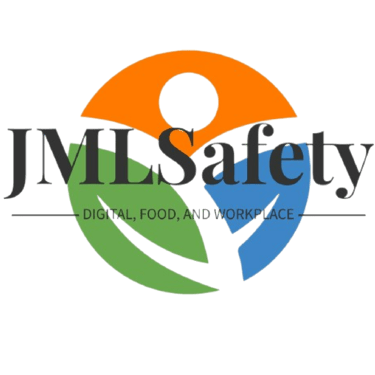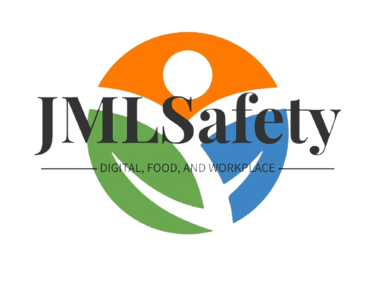
Food Safety Audits
We understand that maintaining high standards of food safety is critical to your business's success. Our Food Safety Audits are meticulously designed to help you meet regulatory requirements, protect public health, and enhance your operational efficiency.
Here’s why partnering with JML Safety for your food safety needs is the right choice:


How to Get Started
Ensuring food safety compliance is simple with JML Safety. Contact us today to schedule an audit or to learn more about our comprehensive food safety services:
Phone: (509) 669-2990
Email: consulting@jmlsafety.com
Partner with JML Safety to protect your business, your customers, and your reputation. Trust us to help you navigate the complexities of food safety with confidence and expertise.
Benefits of Our Food Safety Audits
Regulatory Compliance: Stay ahead of evolving food safety regulations and avoid costly penalties.
Enhanced Reputation: Demonstrate your commitment to food safety, boosting customer confidence and trust.
Operational Efficiency: Identify and mitigate risks, leading to smoother operations and reduced waste.
Why Choose JML Safety?
Expert Auditors: Our team consists of professionals with extensive experience in food safety, regulatory compliance, and agricultural best practices.
Customized Solutions: We tailor our audit processes to fit the unique needs of your business, offering practical and actionable insights.
Comprehensive Approach: Our audits cover all aspects of food safety, from hazard analysis to the implementation of preventive controls.
Our Services:
Pre-Audit Consultation
Initial Assessment: We begin with a thorough review of your current food safety practices.
Gap Analysis: Identify areas needing improvement to meet regulatory standards.
On-Site Food Safety Audits
Detailed Inspections: Conduct comprehensive inspections of your facilities, processes, and documentation.
Compliance Checks: Ensure adherence to FDA, USDA, and other relevant food safety regulations.
Mock Audits
Realistic Simulations: Perform mock audits to prepare your team for actual regulatory inspections.
Training and Education: Provide guidance and training to your staff on best practices and compliance requirements.
Follow-Up and Support
Corrective Action Plans: Develop and implement plans to address any identified deficiencies.
Continuous Improvement: Ongoing support to help you maintain and improve your food safety standards.





